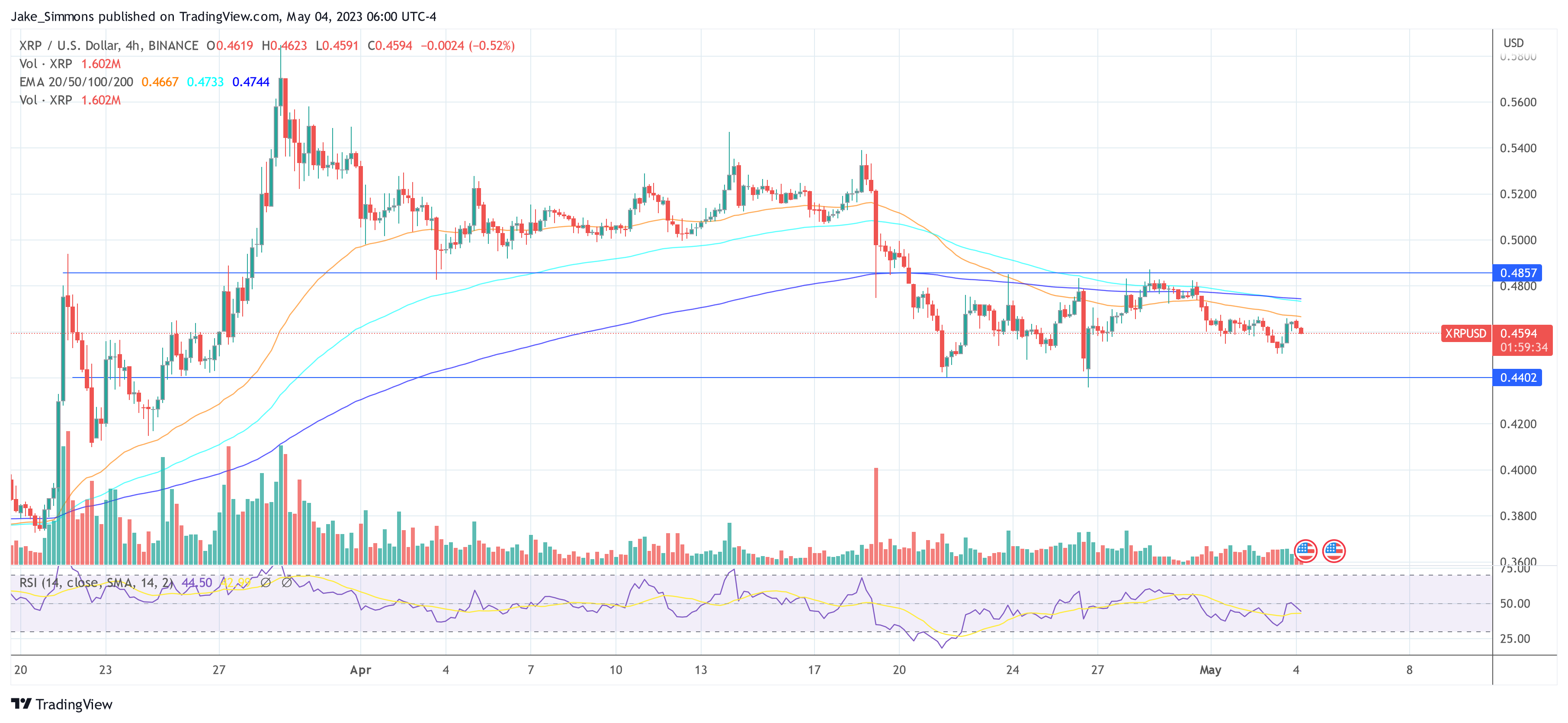Juniper Research, a digital sector consulting firm founded in 2001, released a new study on Central Bank Digital Currencies (CBDCs) and ranked Ripple #1 out of 15 competitors. Antony Welfare, senior CBDC advisor at Ripple, who also served as an advisor to the U.K. government on blockchain, highlighted the award.
Via Twitter, Welfare referred to the enormous growth potential CBDCs will have by 2030, according to the study, as well as the recognition of what Ripple has achieved and what it is capable of:
Ripple was ranked as the number one and established leader for #CBDC (out of 15 providers). A recent report by Juniper Research highlighted significant transaction growth to $213 billion globally by 2030.
According to the report, Ripple is ranked number one among 15 established competitors, including R3, Stellar, Mastercard, G+D, FIS, IDEMIA and ConsenSys, for several reasons. Juniper Research writes that RippleNet’s “existing success and its technological capabilities within the space” as well as “its existing deployments and growth with the emerging space” were key for the ranking.
@Ripple was ranked number one and an established leader for #CBDC (from 15 vendors)
In a recent report from @juniperresearch highlighting the significant transaction growth to $213bn by 2030 Globally
https://t.co/CBNvelrhWQ pic.twitter.com/YVA2paoIAQ
— Antony Welfare (@AntonyWelfare) May 3, 2023
Ripple Targets A $213 Billion Market
The study found that the value of payments via CBDCs will reach $213 billion annually by 2030. In 2023, it will already be $100 million, according to Juniper Research’s projections. However, the true potential will only be visible in the next few years. The radical growth potential is over 260,000% and shows that CBDCs are at a very early stage, currently limited to pilot projects.
Driving the growth of CBDCs will be the interest of governments worldwide in pushing CBDC projects, according to Juniper Research. The goal is to promote financial inclusion and increase control over how digital payments are made, they say.
“CBDCs will improve access to digital payments, particularly in emerging economies; where mobile penetration is significantly higher than banking penetration,” asserts the study, which also predicts that domestic payments will account for 92% of payments via CBDCs by 2030.
Ripple’s main use case, cross-border payments, will be added later, once systems are established and the CBDCs used by each country are interconnected. The author of the report, Nick Maynard, states:
While cross-border payments currently have high costs and slow transaction speeds, this area is not the focus of CBDC development. As CBDC adoption will be very country specific, it will be incumbent on cross-border payment networks to link schemes together; allowing the wider payments’ industry to benefit from CBDCs.
Ultimately, the study also identifies a lack of commercial product development, which is currently a limiting factor. Juniper Research recommends future CBDC platform providers to develop a complete end-to-end solution that includes wholesale capabilities, wallet provisioning and merchant acceptance to realize the potential of CBDCs.
Remarkably, Ripple already boasts some pilot projects in various countries. As Bitcoinist reported, Ripple has pilot projects underway in Montenegro, the Kingdom of Bhutan, and the Republic of Palau. In addition, Ripple is involved in several working groups and foundations in Europe and the UK which seek to provide guidance for CBDCs.
At press time, the XRP price stood at $0.4594.












